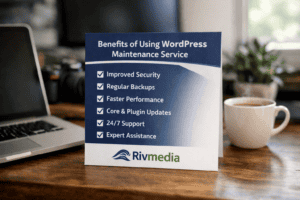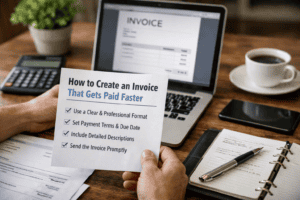Table of Contents
How Are Business Rates Calculated?

For all organisations working in non-domestic, industrial premises, business rates apply. How to figure them out, Gazprom Energy tells you.
Understanding how to measure business rates means that you pay the correct amount and can assist in preparing ahead of the financial year. For companies thinking of moving to new premises, where different business rates will come into practice, it is also beneficial.
With this easy guide, find out how business rates are measured and how to estimate your own rates.
What Are Business Rates?
Business rates are a property tax that is used for business purposes, levied on buildings, including offices, stores, pubs and warehouses, but not limited to them.
Who Has To Pay Business Rates?
Any company occupying a building or part of a building that is used for non-domestic purposes is expected to pay corporate rates during occupancy. If the room they use to work in is used solely for business purposes, even business owners who work from home will still need to pay business rates.
If the following applies to them, people working from home will have to pay business taxes as well as Council Tax:
- The property is divided into domestic and commercial pieces, such as a flat above a store.
- They sell stuff to people visiting the property
- They hire someone to work in the house
How Business Rates Are Calculated?
You need to calculate the government’s up-to-date ‘multiplier’ by the rateable value of your sector to determine the projected business rates for the year ahead.
Multipliers
The amount of pence-per-pound of rateable value that you need to pay through business rates is a multiplier (or poundage rate). In line with inflation, the government reviews the multipliers each year.
Rateable Value
The rateable value is the value given by the Valuation Office Agency to non-domestic premises and is based on the annual market rent, size and use of a property. Every five years, the Valuation Office Agency checks these values and also values assets at various amounts.
Multiply the rateable value by the present multiplier for an approximation of the market rates. To assist you in understanding how this process works, we’ve provided an example below.
Example of Rateable Value
- 4p — The current business rate multiplier 2019/2020 for small businesses in England
- £10k — the rateable value of all small business premises in the UK
- 4p x £10k = £5,040 estimated chargeable rate for 2020
Please note: In Scotland and Northern Ireland, business rates are measured differently. Click here to use the calculator of the Scottish government’s market rates. Click here for the company rates in Northern Ireland.
What If Your Business Rates Are Wrong?
The first thing you would need to do is to verify the rateable value of your property from the Valuation Office Agency. Comparing it to similar properties nearby could also be worthwhile. You can apply to have it adjusted if you’re still convinced that the rateable value is wrong.
What is Small Business Rates Relief?
If the company has a rateable property value of less than £15,000 and uses the only property in general, then they can usually apply for a reduction in their payable small business rates.
On assets with a rateable value of £12k or less, complete relief is possible. For those between £12k and £15k relief goes down from 100% to 0% progressively.
Who Is Eligible For Business Rates Relief?
If the rateable value of your property is less than £15k, you will be able to obtain small business tax relief. Your company should only need one building/property – if you use more, you might still be able to get some sort of relief.
We hope you found this post helpful and useful, paying business rates can be a worry so making sure you know how much you need to pay and when will surely take some weight off your shoulders. Business rates are calculated on the rateable value of the property itself, if you aren’t worried about finding out then you will at some point receive a business rates bill usually from central government offices with your calculated business rates on there for you.
If you think we have missed anything in this post please do let us know or head straight over to our business forum to ask the questions you need help answering!










